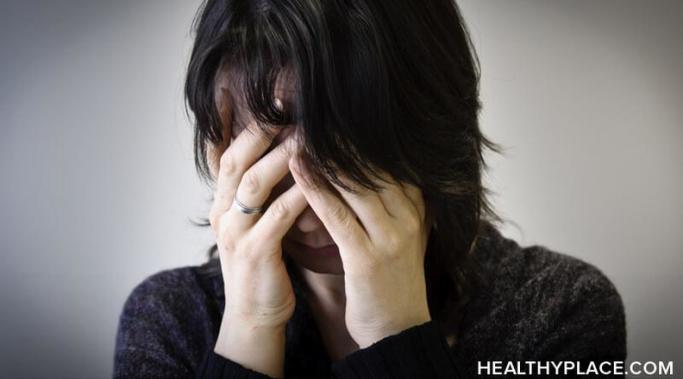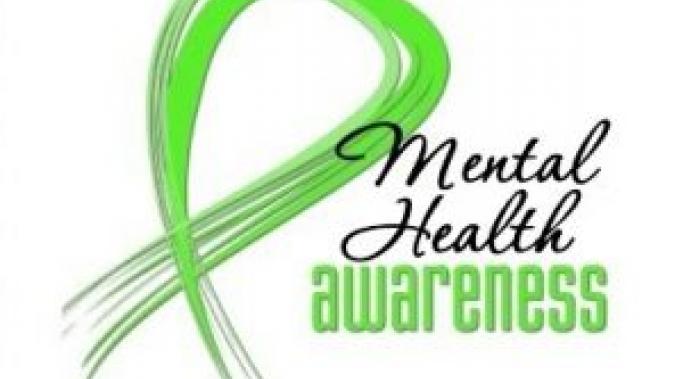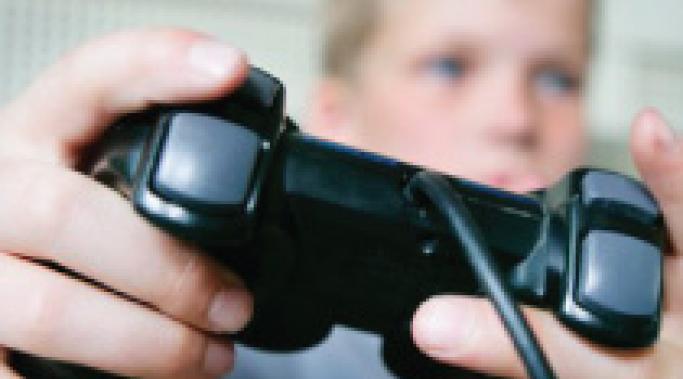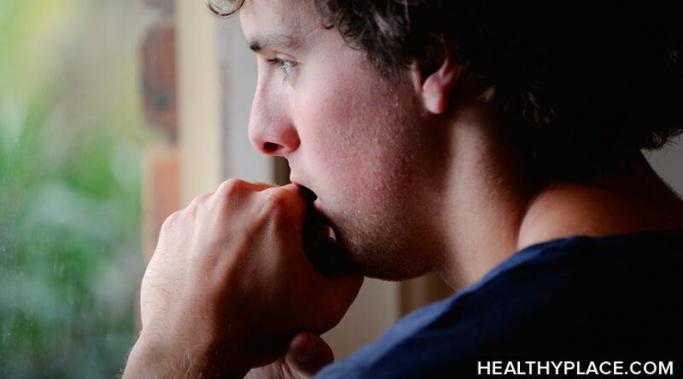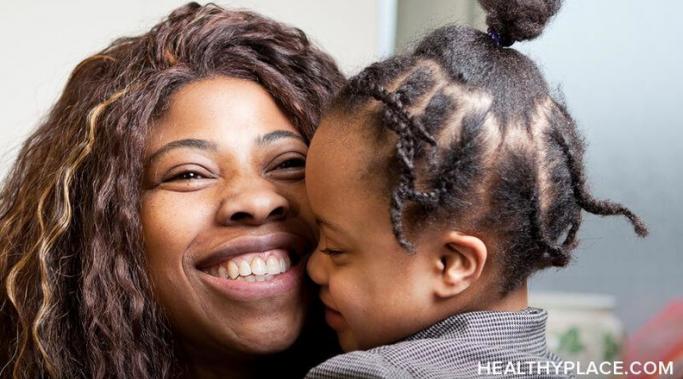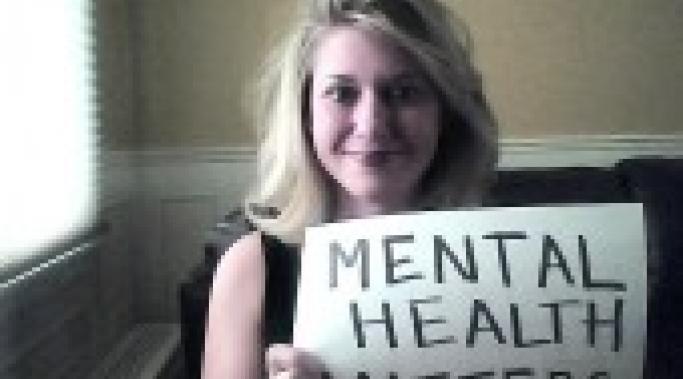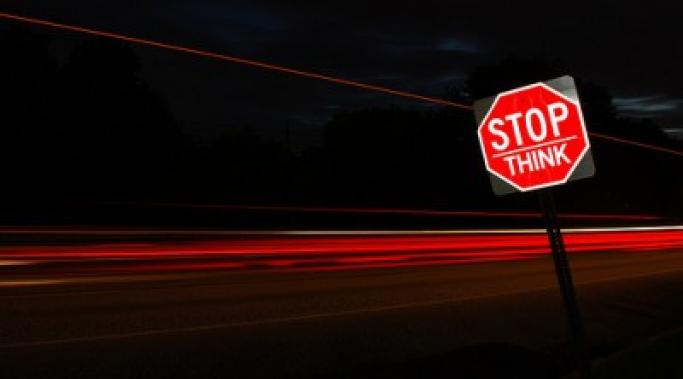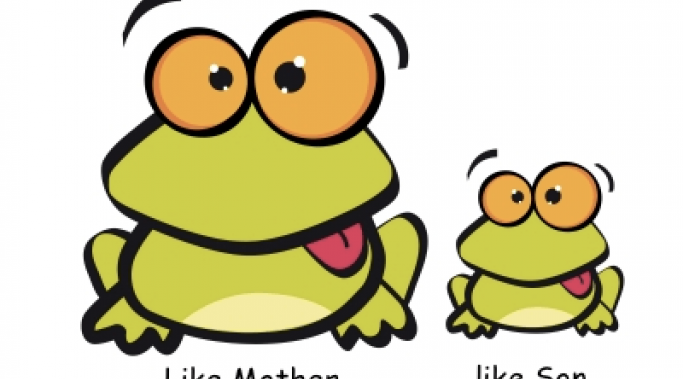Blogs
Have you ever been afraid of getting too close in relationships?
As humans it is one of our deepest desires to be in a relationship with others. Closeness is what gives us a sense of belonging, and nurtures a robust sense of self. On the other hand, isolation is one of the worst things for someone who is struggling. Being left alone to deal with our own negative spiral can feel like losing touch with reality. Yet, when we are struggling, we often feel drawn to isolate ourselves. I will tell you why.
Often with Adult ADHD, it's easy to be distracted by squirrels - both actual squirrels and the ones that float around in your brain! You can be reading a good book, watching television, or preparing for that big important meeting and a squirrel can come into your brain and overtake it! Sometimes, that's just what Adult ADHD is like ...
Everyone knows October as being Breast Cancer Awareness Month. Pink is everywhere – in stores, on commercials, on Facebook and everywhere else imaginable. It’s great that awareness for this disease has been marketed so well. However, did you know that September was Childhood Cancer Awareness month? Did you know that October is Domestic Violence Awareness month, National Down Syndrome month and, of course, Mental Health Awareness month?
It’s important to recognize all of the important pieces of a month and not get overwhelmed with one color.
I'll be the first to admit I'm a gamer. I love playing video games, especially open-world role playing games such as The Elder Scrolls series and the Assassin's Creed series. I'm even a member of the Video Game Voters Network, an organization dedicated to recognizing video games as free speech. So I make it a point to keep up on news related to video games.
You're probably wondering "What does this have to do with mental illness?" Well, according to the New York Daily News, video game addiction is often a symptom of depression or anxiety.
This morning, a girl from the United States (I’m in Canada) contacted me and said she had taken 40 pills in a suicide attempt and now needed help immediately.
Please don’t do this.
Please don’t treat the internet like it’s 9-1-1. It isn’t.
It just so happened that I was checking the comments on my blog three minutes after this girl posted this comment so I caught it in time. (Help was called.) But I very much could have missed it. It could have taken me hours to get to this comment. I get many comments and emails and sometimes it takes me a long time to get around to reading them, let alone responding. I am, in no way, an emergency service.
Reaching out to someone is always better than reaching out to no one, but please, if you need mental health help, know who to reach out to.
There are four-letter words and then there are four-letter words. What four-letter word comes to mind when I say mental illness? Pain, fear, meds or perhaps a few salty words? What about hope? Does hope enter the conversation?
This morning on the Today Show, I saw a segment on a mental health advocate, Kevin Breel. I learned that, as a young adult, he too suffered from depression. He became a mental health advocate, and today he has become especially inspirational and popular, and has even given a TED talk (Trip from Mental Illness to Mental Health Advocacy).
Like so many of us, Kevin Breel masked his depression. By hearing his story, I began thinking about how, even in our day and age, the stigma surrounding mental illness is still highly prevalent, and this is not acceptable.
I suffered from a mental illness for many years and at the time, felt powerless against it. My eating disorder, bulimia consumed every aspect of my life. Now 5 years into the recovery process, I stay recovered by maintaining a level of self-care that goes way beyond simply avoiding triggers and practicing coping skills. Without self-care, my recovery would be compromised.
Hallelujah! I have started seeing a new therapist. It is the fist time in about a year-and-a-half that I've had time to see one and I couldn't be happier. After one visit I already have 2 new techniques to control anxiety that also address my inattention and hyperfocusing behaviors. This doctor is amazing.
Parents want the best for their children. So, it’s a sad and guilt-ridden moment indeed, when you realize that you have passed mental illness on to one or more of your children.
